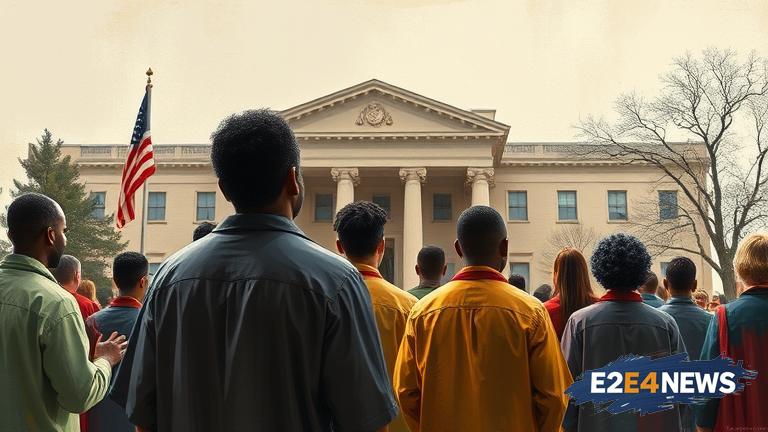The National Association for the Advancement of Colored People (NAACP) has taken a strong stance against the curriculum censorship implemented by the state of South Carolina. According to the NAACP, the censorship measures are a blatant violation of the First Amendment and an attack on academic freedom. The organization argues that the censorship is not only unconstitutional but also detrimental to the educational development of students in the state. The NAACP has filed a lawsuit against the state, seeking to overturn the censorship measures and restore the freedom of educators to teach a diverse range of subjects. The lawsuit claims that the censorship is a form of government overreach, aimed at suppressing certain viewpoints and ideas. The NAACP has expressed concern that the censorship will have a disproportionate impact on marginalized communities, who already face significant barriers to accessing quality education. The organization has also criticized the state for attempting to dictate what can and cannot be taught in classrooms, arguing that this is a clear infringement on the rights of educators and students. The censorship measures have been met with widespread criticism from educators, students, and civil rights groups, who argue that they are a threat to the very foundations of democracy. The NAACP has vowed to continue fighting against the censorship, using every available legal and advocacy tool to protect the rights of students and educators. The organization has also called on the state to repeal the censorship measures and work towards creating a more inclusive and equitable education system. The lawsuit is part of a broader effort by the NAACP to challenge discriminatory education policies and promote academic freedom. The organization has a long history of advocating for the rights of marginalized communities and has been at the forefront of the fight against education censorship. The NAACP has argued that the censorship measures are a form of systemic racism, aimed at maintaining the status quo and suppressing the voices of marginalized communities. The organization has also criticized the state for failing to provide adequate funding for education, which has resulted in significant disparities in educational outcomes. The NAACP has called on the state to increase funding for education and work towards creating a more equitable education system. The lawsuit has sparked a national debate about the role of government in education and the importance of academic freedom. The NAACP has argued that the censorship measures are a threat to the very foundations of democracy and that they must be challenged in order to protect the rights of students and educators. The organization has also criticized the state for attempting to use education as a tool for political indoctrination, arguing that this is a clear infringement on the rights of students and educators. The NAACP has vowed to continue fighting against the censorship, using every available legal and advocacy tool to protect the rights of students and educators. The organization has also called on the state to work towards creating a more inclusive and equitable education system, one that values diversity and promotes academic freedom. The lawsuit is a significant development in the ongoing fight against education censorship and is likely to have far-reaching implications for the state of South Carolina and beyond. The NAACP has argued that the censorship measures are a form of educational malpractice, aimed at depriving students of a well-rounded education. The organization has also criticized the state for failing to provide adequate support for educators, who are often forced to teach in difficult conditions with limited resources. The NAACP has called on the state to increase funding for education and provide more support for educators, in order to create a more equitable education system. The lawsuit has sparked a national conversation about the importance of academic freedom and the need to protect the rights of students and educators. The NAACP has argued that the censorship measures are a threat to the very foundations of democracy and that they must be challenged in order to protect the rights of students and educators.
